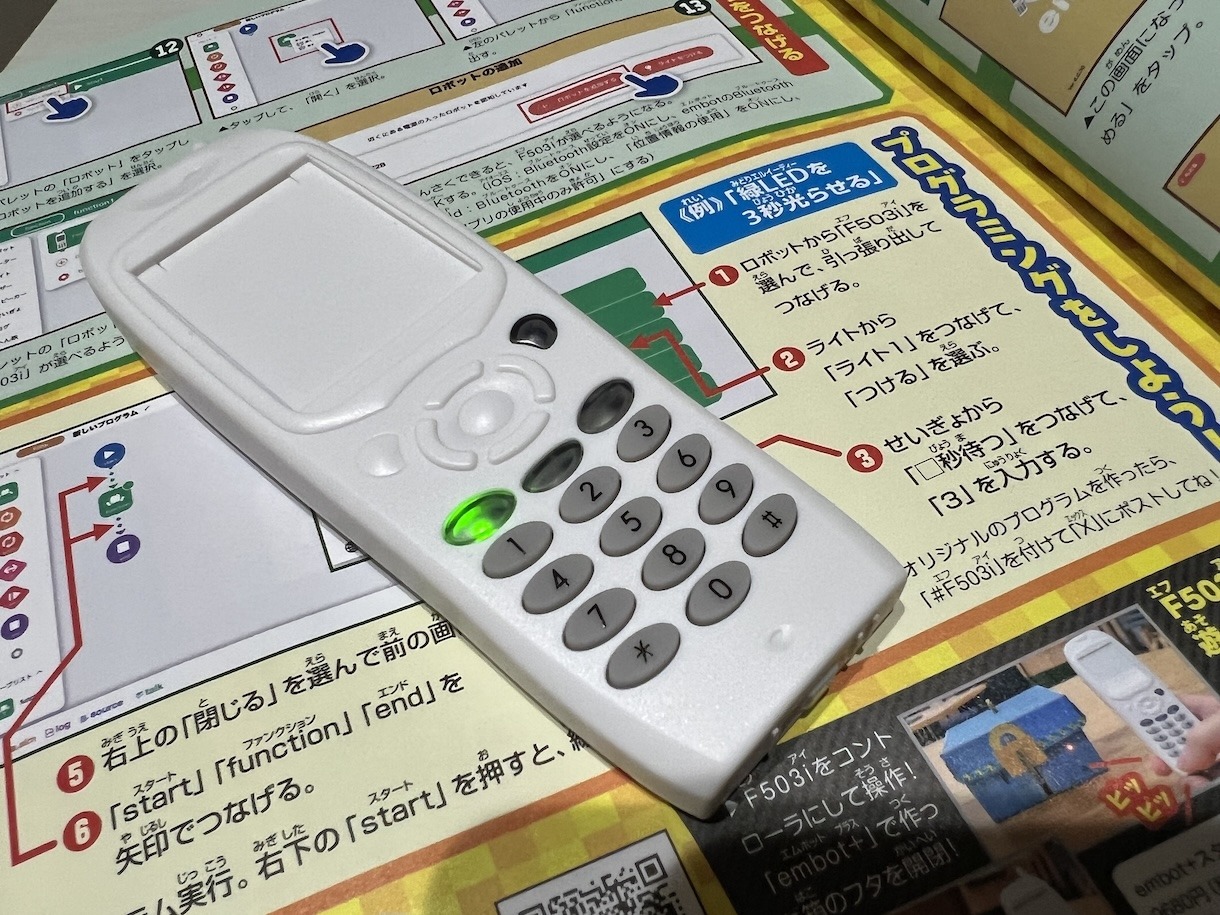Essential Steps to Secure Your IP as a Freelance Professional
페이지 정보

본문
As a contractor your creative assets is a critical business resource. Whether it’s a specialized workflow you’ve developed to streamline a process, defending it ensures you prevent unauthorized exploitation. If left unprotected, your innovations could be replicated, appropriated by clients, or exploited for profit.

Start by clearly defining what qualifies as your creative output. Document everything you produce during the course of your work. Maintain time-stamped files such as meeting notes that establish prior creation. This trail can serve as legal proof if a ownership is contested.
Before beginning any project, always draft a formal contract with your client. The contract should formally declare what intellectual property rights are transferred to the work you produce. In many cases, clients assume they own everything, but that’s not automatically true. You can insist on retaining IP rights to your proprietary tools while allowing non-exclusive access to the completed work. Outline exact scope of license rights.
When your deliverables include innovative content, consider securing official registration with the designated intellectual property office. In the United States, copyright filings are handled by the National Copyright Administration, and patents are handled by the USPTO. Registration gives you a stronger position in disputes. Even if you don’t register right away, かんたん登録 来店不要 maintaining organized documentation can still strengthen your case.
Do not freely give away your secret processes during client meetings. Avoid giving away your complete systems without a confidentiality agreement in place. A mutually agreed NDA before you reveal sensitive information can stop unauthorized exploitation.
Additionally, you should trademarking any identifying symbols you’ve created, such as a icon, motto, or professional brand. Brand protections prevent others from creating confusingly similar logos that could weaken your market presence.
Stay informed about the core legal principles. Rules change depending on location and field, so comprehending your protections is vital. If you’re unsure, consult an attorney who focuses on creative rights. A modest legal fee can avoid future lawsuits.
Safeguarding your IP goes beyond forms and filings—it’s about claiming your rightful ownership. When clients understand that your IP is non-negotiable, they’re more willing to pay fairly and treat you as a trusted expert.
- 이전글A Beginner’s Guide to Free Chair Exercise Programs Available Online 25.10.18
- 다음글AMP-activated Protein Kinase 25.10.18
댓글목록
등록된 댓글이 없습니다.
